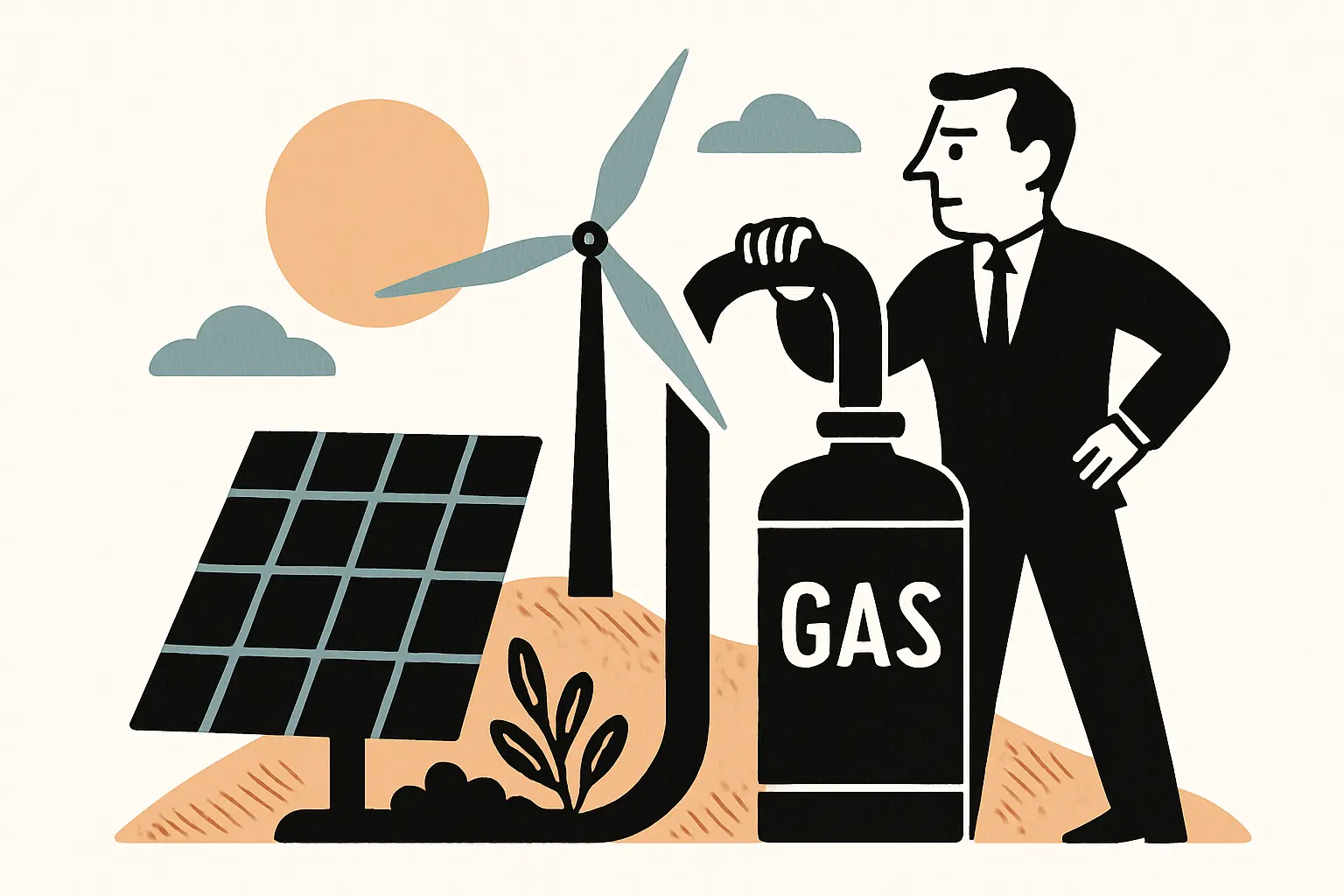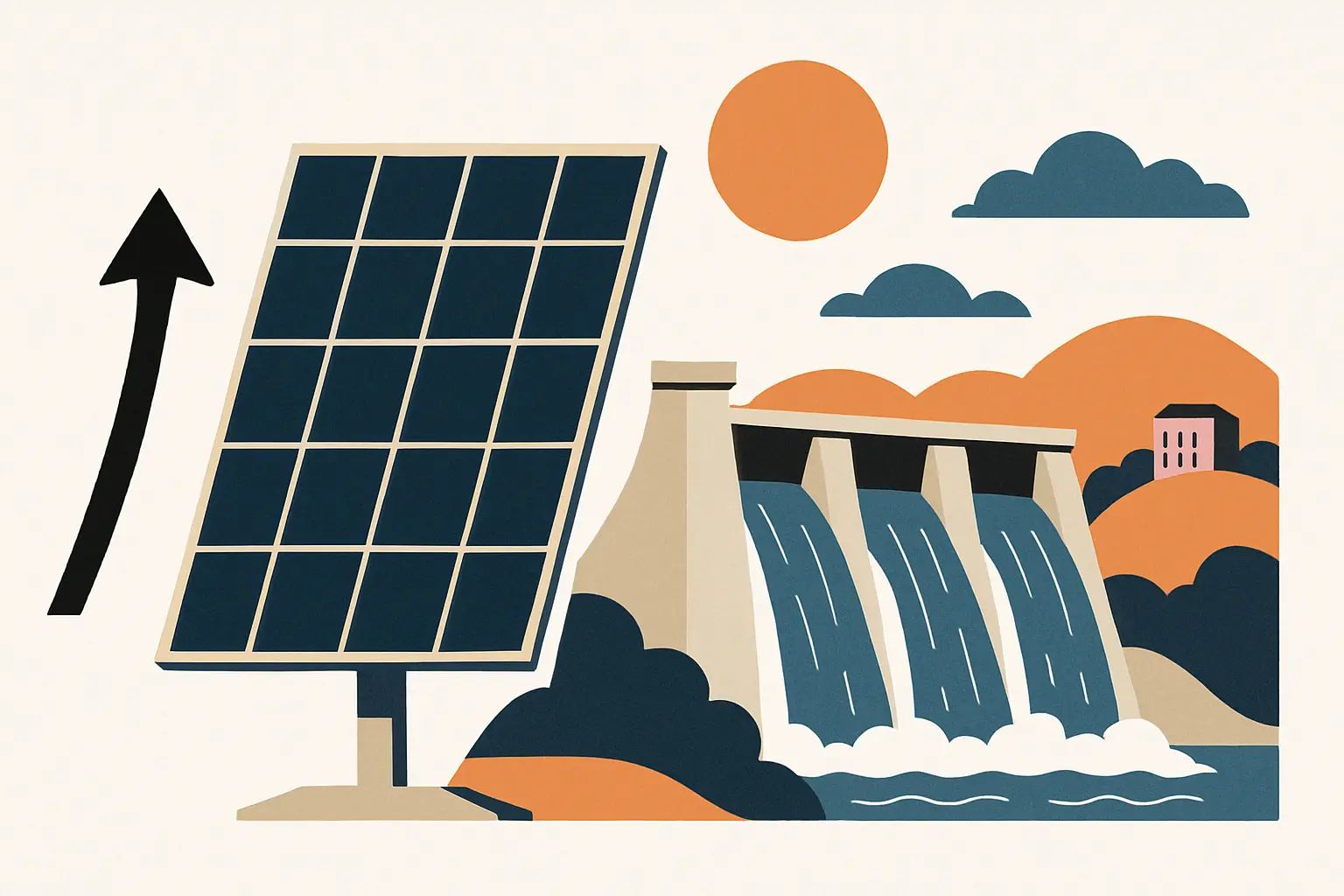In the US, a Massachusetts startup, XL Batteries, has announced a breakthrough in organic flow battery technology that could compete with lithium-ion batteries in grid-level energy storage.
This innovation centres on utilising durable organic molecules stabilised in neutral pH water, avoiding corrosive and costly materials used in earlier flow batteries. According to co-founder Tom Sisto, the product offers potentially ultra-low capital costs and nearly 100% electrochemical efficiency, with a lifespan forecasted to exceed two decades.
The system consists of modular shipping container units with pumps, membranes, and fluid tanks, allowing scalable capacity by increasing tank size or the number of units in parallel. While bulky, the design targets stationary energy storage, ideal for grid support and renewable energy storage. XL Batteries’ technology emerged from research at Columbia University and addresses prior limitations of organic flow batteries, such as molecule degradation and refrigeration requirements.
This development is timely as the energy sector seeks more sustainable storage solutions. Lithium-ion batteries dominate today but depend on expensive, sometimes geopolitically sensitive raw materials. Flow batteries offer a safer and environmentally friendlier alternative, with better scalability for long-duration storage — essential for balancing supply from intermittent renewable sources like solar and wind. XL Batteries is currently developing demonstration units and pursuing partnerships for commercial deployment, with Texas identified as a key market.
For Australians, this breakthrough could signal future options for large-scale, renewable-friendly energy storage supporting grid stability, blackout resilience, and reduced reliance on fossil fuels.
Context & Background
Flow batteries have been known for centuries as a method of energy storage, distinguished by their use of liquid electrolytes pumped through a system to convert chemical energy into electricity. Unlike conventional lithium-ion batteries, these systems separate energy storage and power generation, allowing scalability through larger electrolyte tanks. Historically, flow batteries faced challenges such as high costs, use of corrosive and heavy materials, and limited lifespan of organic molecules involved. These obstacles have restricted their commercial viability, particularly for grid-scale applications where long duration and safety are critical.
Recent developments focus on organic flow batteries that replace hazardous materials with safer, more abundant organic molecules. This shift promises lower capital costs, enhanced sustainability, longer lifespans, and reduced environmental impacts compared to lithium-ion technologies reliant on scarce minerals. In Australia and globally, grid-scale energy storage is vital to support renewable electricity integration, mitigating the intermittency of solar and wind power. Advances by research institutions and startups are pushing the boundaries, aiming to deliver practical, commercial solutions for stable, efficient, and lasting energy storage systems.
In This Story
XL Batteries
A Massachusetts-based startup developing innovative organic flow batteries designed for large-scale, grid-level energy storage systems with improved safety, efficiency, and cost-effectiveness.
Tom Sisto
Co-founder of XL Batteries and researcher linked to Columbia University, instrumental in discovering durable organic molecules stabilised in neutral pH water for flow battery applications.
Columbia University
An Ivy League research institution where foundational research leading to XL Batteries’ technology began, focusing on sustainable energy storage solutions.
Concordia University
Canadian university conducting parallel research into flow battery size reduction and efficiency improvements, supporting global advancements in battery technology.


















Comments are closed.